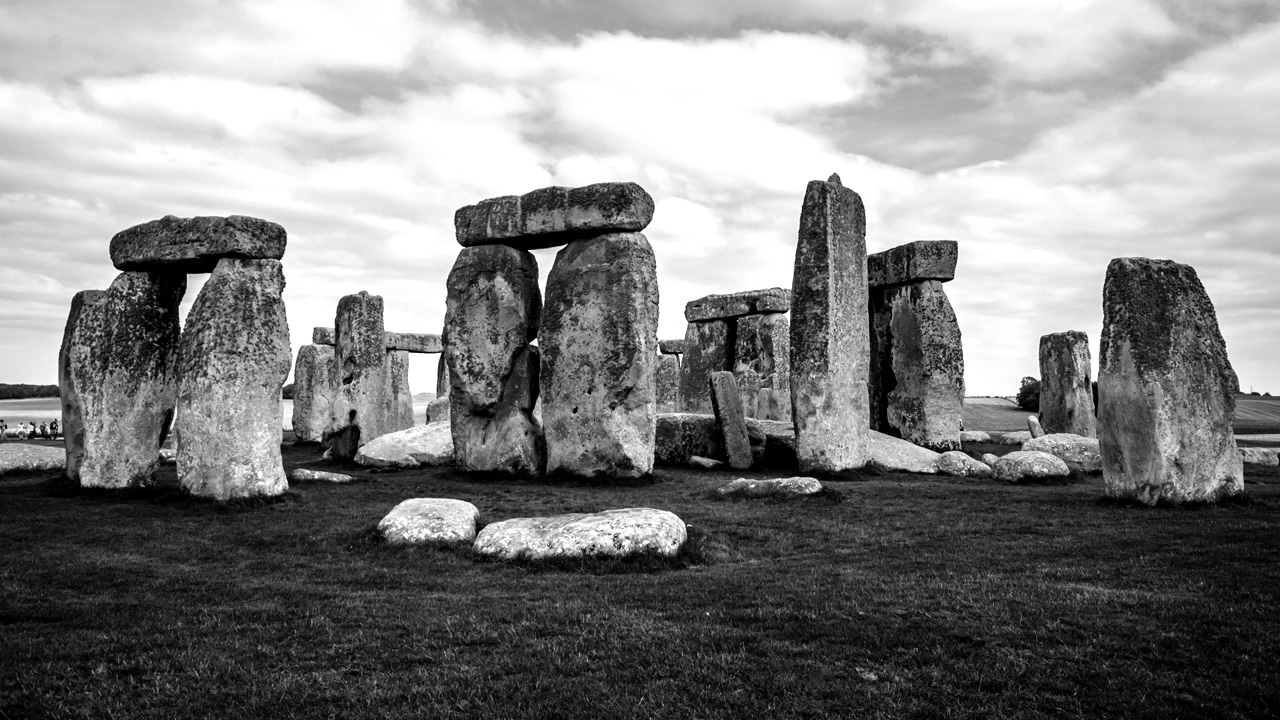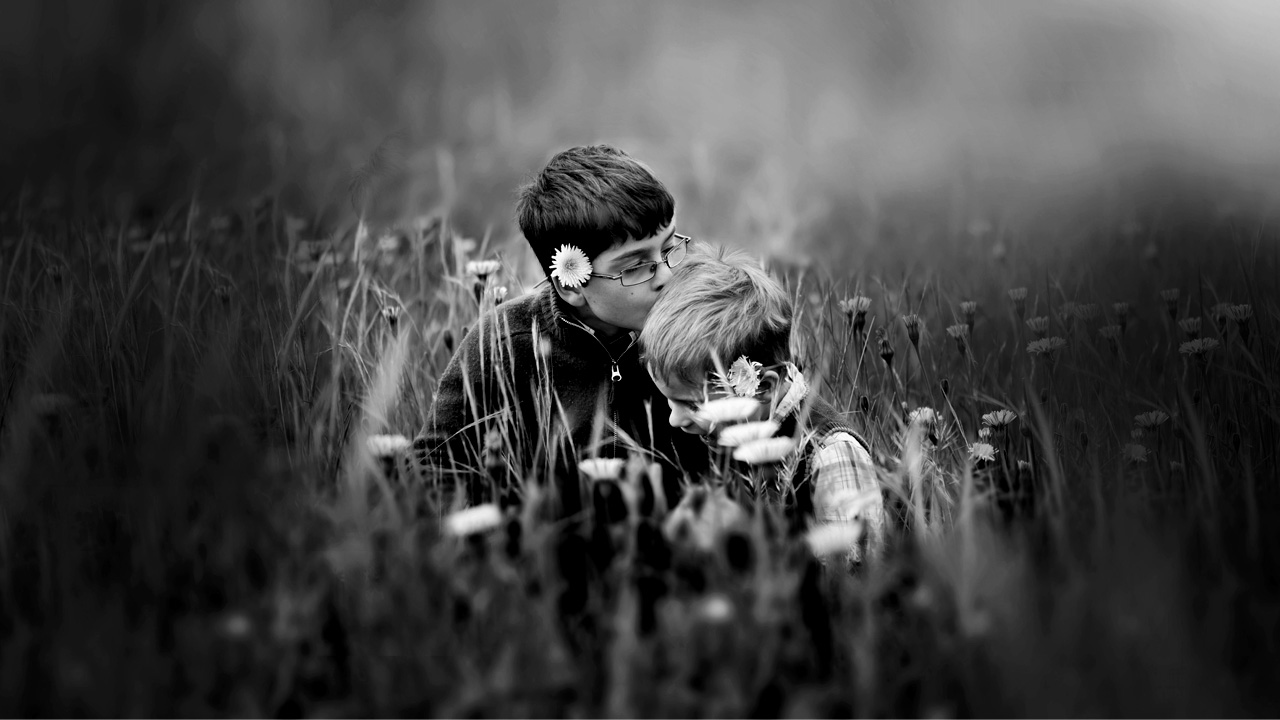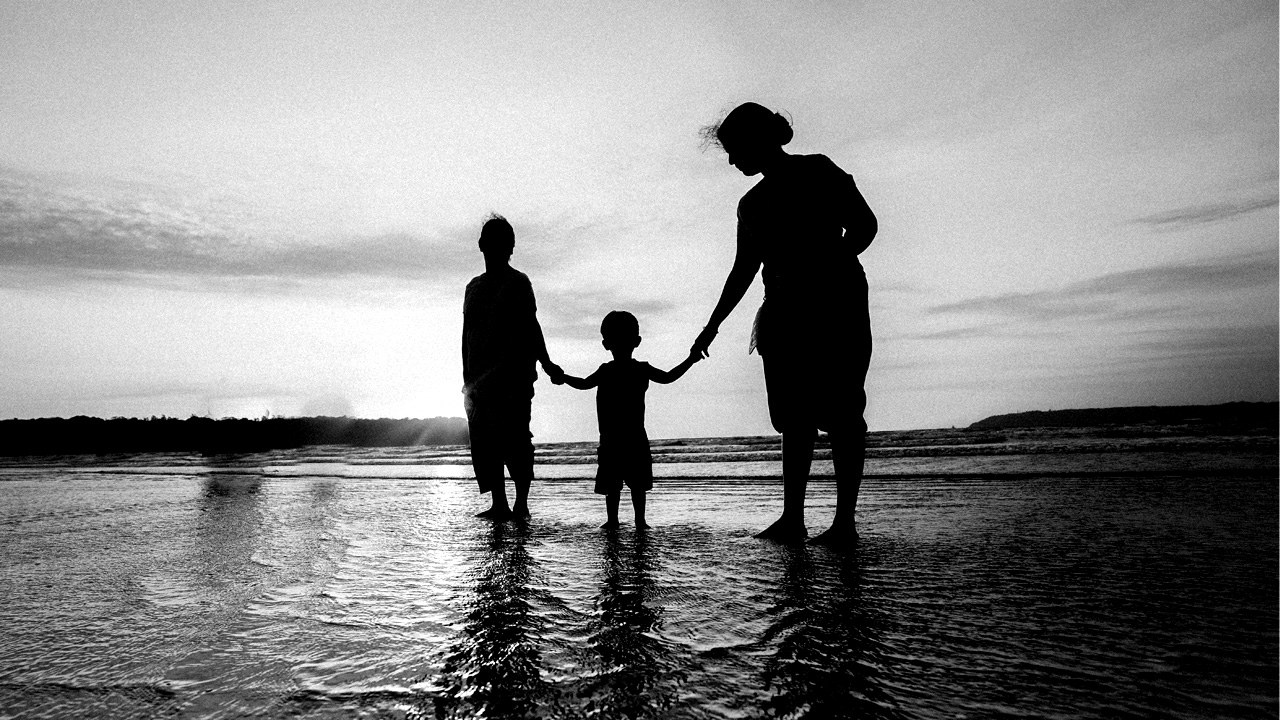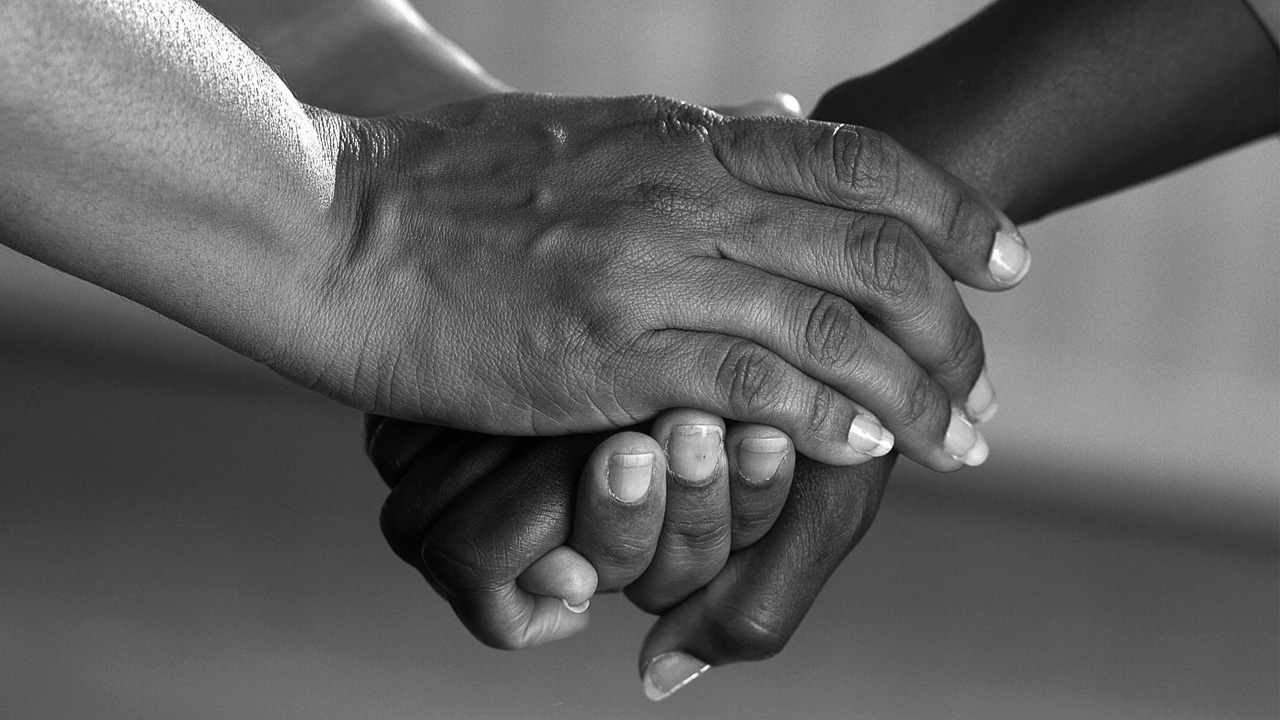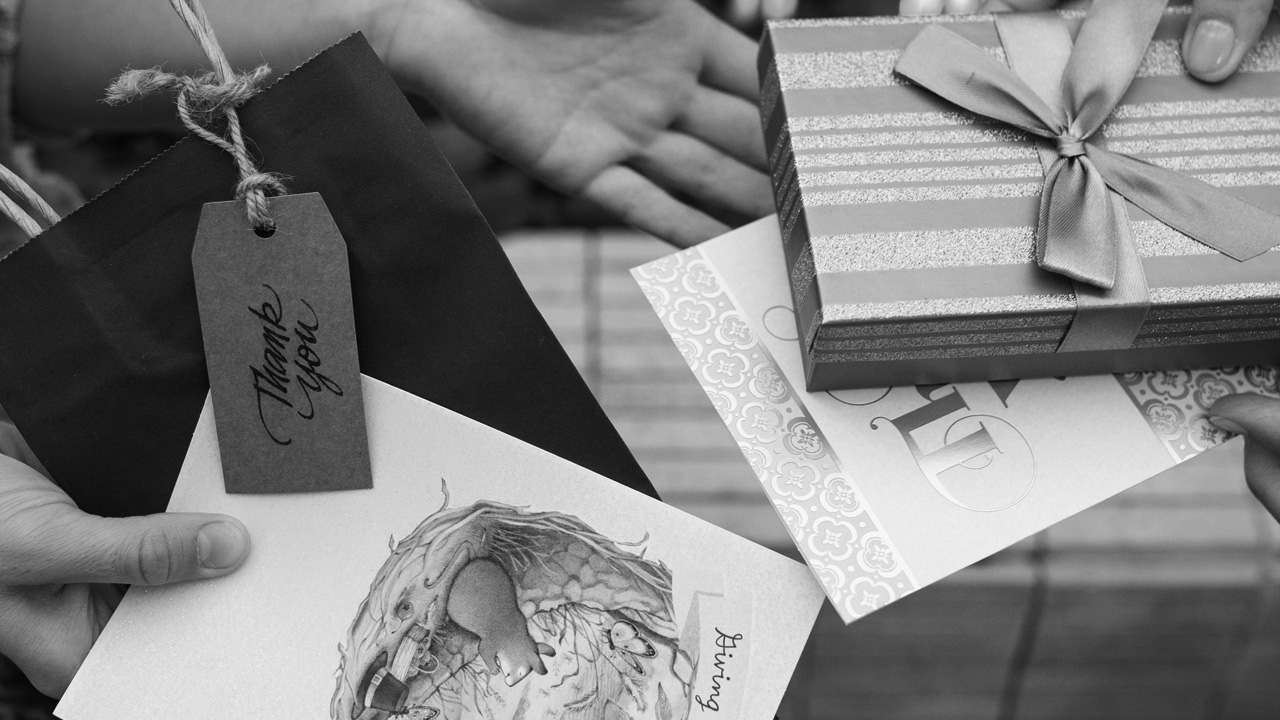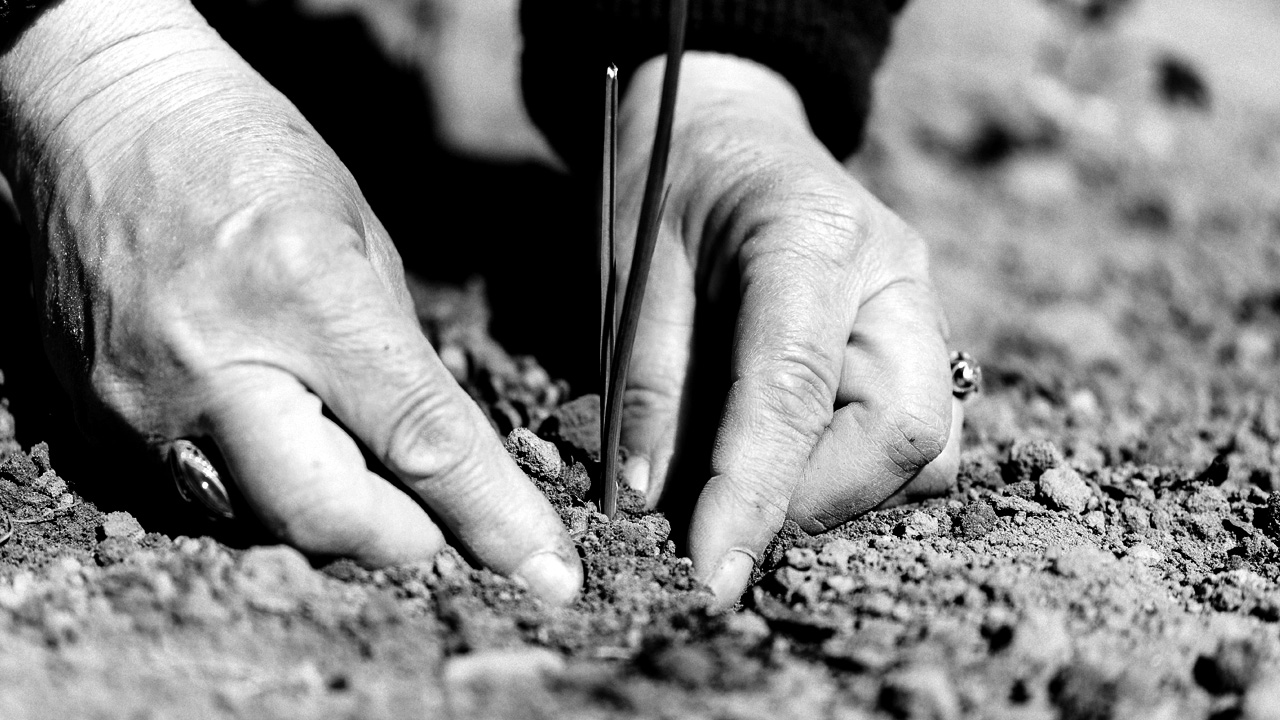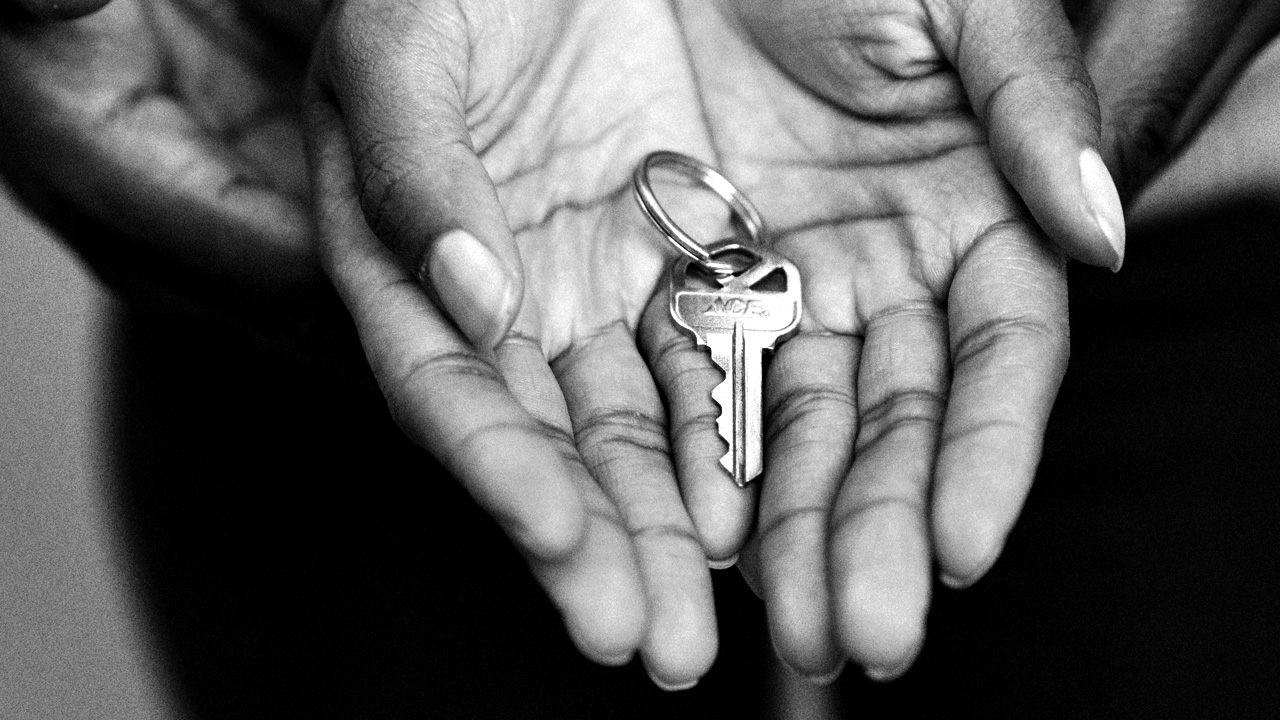THE VIRTUES

What Is a Virtue?
Moral excellence. Goodness. Righteousness.
Although Jesus emphasized virtues as expressions of love and the fruit of the Spirit, the virtues are universal in their very nature and are a focus of most of the world’s major religions.
Author's Posts
Original posts from Art Nicklaus.
Authenticity
The virtue of authenticity implies honesty, transparency, and sincerity.
Compassion
Compassion takes feeling sorry for someone to another level.
Confidence
Confidence as a virtue implies “faith or belief that one will act in a wise, proper, or effective way,” even in the midst of hardship and uncertainty.
Contentment
Contentment is a virtue that describes the state of your mind, soul, and spirit.
Contrition
Contrition is the sorrowful regret that reflects true repentance.
Courage
Courage as a virtue means doing the right thing even when faced with apathy, difficulty, opposition, and risk to your reputation.
Dedication
The virtue of dedication implies being all-in, committed to doing the right thing in all places and at all times, regardless of what others might say or do.
Determination
Determination is making a decision, setting the mind, and following through no matter what.
Dignity
Dignity describes us, our very being, when we are living in accordance with the virtues.
Diligence
Diligence means steady, earnest, and energetic effort. It means persevering in the face of adversity and difficulty.
Equanimity
Equanimity means to remain calm, cool, and collected in any circumstance.
Faithfulness
Faithfulness implies unswerving adherence, allegiance, and loyalty to a relationship or a cause.
Forgiveness
The virtue of forgiveness means to extend amnesty, pardon, and mercy without reservation or requirement.
Fortitude
Fortitude is strength of mind, heart, and spirit.
Friendship
A virtuous friend is trustworthy, loyal, and caring.
Generosity
Generosity begins and ends in the spirit and soul.
Gentleness
A gentle person is kind-hearted, peaceful, friendly, helpful, warm, and caring.
Goodness
The virtue of goodness indicates an uprightness of heart and life motivated by kindness and generosity.
Graciousness
Graciousness offers kindness to others.
Gratitude
Gratitude is an awareness of the miracles all around us each day and a thankfulness for life’s many blessings.
Honesty
Honesty is a sister virtue to integrity, truthfulness, transparency, authenticity, goodness, and others.
Honoring
We honor another person when we praise, acknowledge, or reward them for who they are or what they have accomplished.
Hopefulness
To be hopeful is choosing to be cheerful and positive even in difficult circumstances.
Hospitality
To show hospitality is to demonstrate all the virtues in one simple act.
Humility
Humility is freedom from pride or arrogance.
Integrity
Integrity means you have values that run deep and live in accordance with those values.
Joy
Joy is more than happiness—it includes a sense of well-being, a oneness with all creation, and a peace that passes all understanding.
Kindness
Kindness is best described by a combination of other virtues.
Listening
Listening exists on a spectrum.
Love
There are only three things that will last: faith, hope and love.
Loyalty
Loyalty is just one of the virtues particularly marked by beauty.
Merciful
Merciful is defined this way: “treating people with kindness and forgiveness; not cruel or harsh…giving relief from suffering.”
Mindfulness
Mindfulness is life with the eyes of the heart wide open—open to all the possibilities and opportunities each moment brings.
Patience
Patience is not only the ability to wait but the ability to maintain equanimity and embrace delayed gratification while you wait.
Perseverance
Perseverance is to not give up, to never quit.
Perspective
Perspective can mean the difference between confusion and understanding, darkness and light, fear or anger and peace.
Prudence
Prudence involves care, caution, timing, and good judgment, all wrapped up together with wisdom in conducting yourself and your affairs.
Reconciliation
Reconciliation is the noun form of the verb reconcile, which comes from the Latin reconciliāre, meaning to make good again or to repair.
Reliability
Reliability is similar to the virtue of being trustworthy, but it adds the idea of dependability, the trait of being counted on to perform consistently and well.
Respect
Respect begins with simple things like playing nice, sharing with others, and saying please, thank you, and you’re welcome.
Responsibility
Responsibility is “the state or fact of being responsible, answerable, or accountable for something within one’s power, control, or management.”
Restraint
Restraint is understanding that I can, but I must not.
Right Intention
Whenever we begin to do a thing or say something, it is important to begin with the right intention.
Self-Discipline
The virtue of self-discipline is the ability to pursue what you believe is right despite the temptation to ignore or abandon it.
Sense of Wonder
To maintain a sense of wonder is to recognize and acknowledge that life is amazing and wonder-full—all the time.
Servant Heart
You can’t force yourself to have a servant heart, but you can decide to grow one.
Simplicity
It has been said that you may need to be a genius to truly understand the value of simplicity.
Sincerity
Sincerity as a virtue conveys an openness and honesty seldom seen outside of young children.
Transparency
Transparency is the twin virtue to authenticity.
Trustworthy
To be trustworthy is to be dependable, reliable, ethical, responsible, unfailing, and more.
Vulnerability
To make yourself vulnerable is to remove the barriers and walls and just be known for who you truly are.
Wisdom
Wisdom is the ability to think and act by employing knowledge, experience, insight, understanding, and common sense.
Submit your personal story or favorite illustration, quote, Bible verse, etc. that illustrates a specific virtue to [email protected], then click on the virtue of your choice to see your story or the stories and illustrations of others.
October 19, 2021
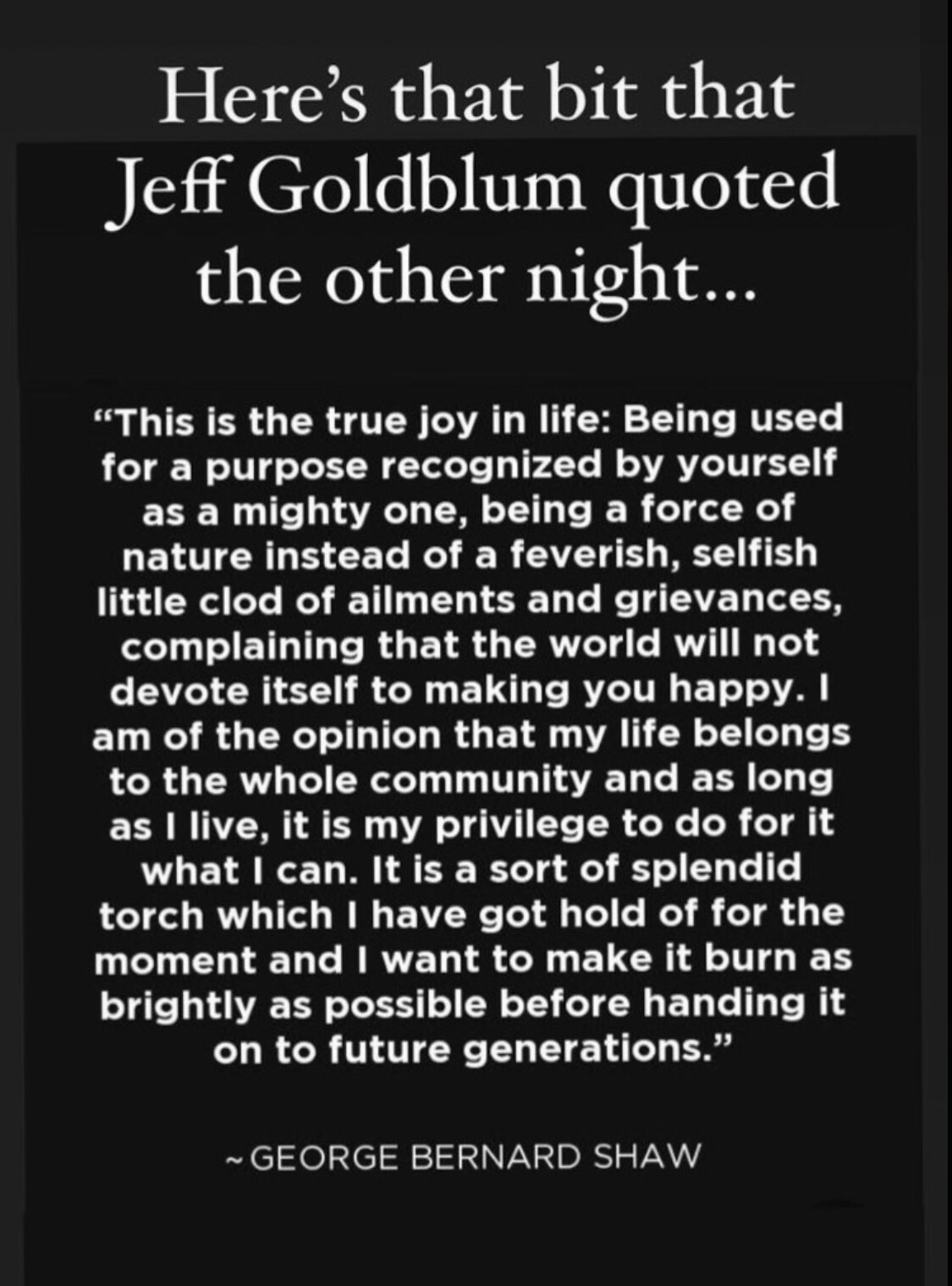
May 30, 2021
A personal note from the author:
What do I say to the person who might ask, “Why this book?” “Why should I spend time with the virtues?” “What if I like my life just as it is, and I don’t want to or can’t change it anyway?” The apostle Paul writes to a large group of friends in the book of Romans. In his greetings and final instructions, he writes (16:19b) “I want you to become scholars of all that is good and beautiful…” The Virtues are that which is “good and beautiful.” You were made to have a good and beautiful life, if you choose it, if you choose to go after it. My hope is that this book will assist you in that endeavor.
June 25, 2021
Author’s note: There are other names we might use in place of “virtues:” Values, principles, guidelines…or, “Fruit of the Spirit.”
I like to think of the virtues in this book as fruits of the Spirit. Love is the sweetness in fruit, it gives fruit it’s flavor and fragrance… love gives each of the virtues in this book “flavor and fragrance.”
There are varying degrees of size, flavor and sweetness to fruit. No two pieces of fruit are exactly the same. We can and do judge fruit however…say, fresh squeezed orange juice… versus the stuff in a box with added sugar that has been sitting in the fridge for a month…
May 19, 2021:
Between stimulus and response there is a space. In that space is our power to choose our response. In our response lies our growth and our freedom.
—Viktor Frankl
“It’s amazing how much of the world’s virtue comes from one little word: “Try.” Trying something for the first time often calls for bravery. “Try, try again” on the other hand, requires that sibling virtue, “perseverance.”
—Bill Bennett, The Book of Virtues
Richard Rohr states “we are not attached to our thoughts or our knee-jerk reactions, and we can find the space we need to choose the way we want to act or the words that would be most helpful. While he is not known as a teacher of contemplation, psychiatrist Viktor Frankl (1905—1997) developed this wisdom during his time as an inmate in Auschwitz. He writes:
The experiences of camp life show that humanity does have a choice of action. There were enough examples, often of a heroic nature, which proved that apathy could be overcome, irritability suppressed. Humanity can preserve a vestige of spiritual freedom, of independence of mind, even in such terrible conditions of psychic and physical stress.
We who lived in concentration camps can remember the people who walked through the huts comforting others, giving away their last piece of bread. They may have been few in number, but they offer sufficient proof that everything can be taken from a person but one thing: the last of the human freedoms—to choose one’s attitude in any given set of circumstances, to choose one’s own way. . . .
Even though conditions such as lack of sleep, insufficient food and various mental stresses may suggest that the inmates were bound to react in certain ways, in the final analysis it becomes clear that the sort of person the prisoner became was the result of an inner decision [emphasis mine], and not the result of camp influences alone. Fundamentally, therefore, any person can, even under such circumstances, decide what shall become of them—mentally and spiritually. They may retain their human dignity even in a concentration camp. . . . It is this spiritual freedom—which cannot be taken away—that makes life meaningful and purposeful. . . .
The way in which a person accepts their fate and all the suffering it entails, the way in which they take up their cross, gives them ample opportunity—even under the most difficult circumstances—to add a deeper meaning to their life. It may remain brave, dignified and unselfish. Or in the bitter fight for self-preservation they may forget their human dignity and become no more than an animal. Here lies the chance for a person either to make use of or to forgo the opportunities of attaining the moral values that a difficult situation may afford them. . . .
When we are no longer able to change a situation . . . we are challenged to change ourselves.
May 21, 2021
“The best criticism of the bad is the practice of the better”
Angel, a Jew, owner of the most famous bakery in Germany, often said: “Do you know why I’m alive today? I was still a teenager when Nazis in Germany killed Jews mercilessly. Nazis took us to Auschwitz by train. Last night in the ward was deadly cold. We were left for many days in cars without food, without beds, which means without the possibility to warm up somehow. It was snowing everywhere. The cold wind frozen our cheeks every second. There were hundreds of us on those cold, horrible nights. No food, no water, no hiding. The blood is frozen in the veins. Next to me was an elderly Jew who was very loved in my city. He was all shaking and looking terrible. I wrapped him with my hands to warm him up. Hugged him tight to give some warmth. Rub his hands, legs, face, neck. I begged him to stay alive. I cheered him up. This is how I kept this man warm all night. I myself was tired and frozen. Fingers crossed, but I kept massaging this man’s body to warm him up.
So many hours have passed. Finally the morning has come, the sun has started to shine. I looked around myself to see other people. To my horror, all I could see was frozen corpses. All I could hear was the silence of death. Frosty night killed everyone. They died of cold. Only two people survived: the old man and me. The old man survived because I didn’t let him freeze, and I survived because I made him warm.
Allow me to tell you the secret of survival in this world? When you warm the heart of others, then you will warm yourself. “When you support, strengthen and encourage others, then you receive support, strengthening and encouragement in your life.”











